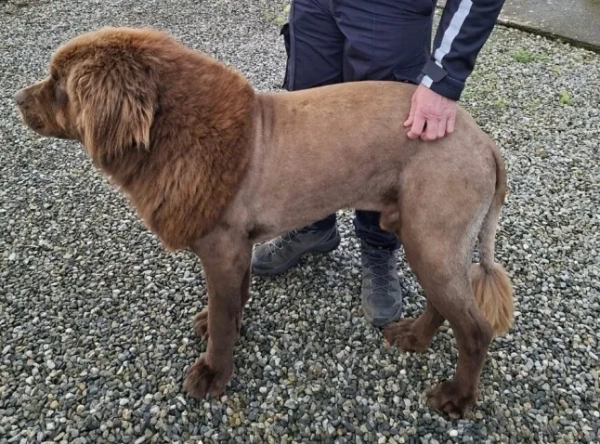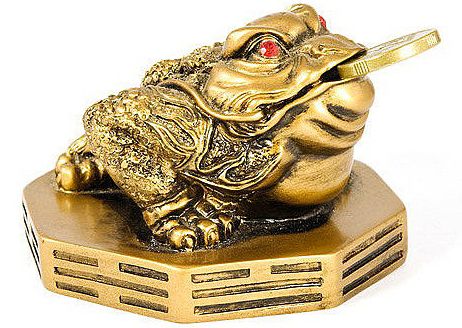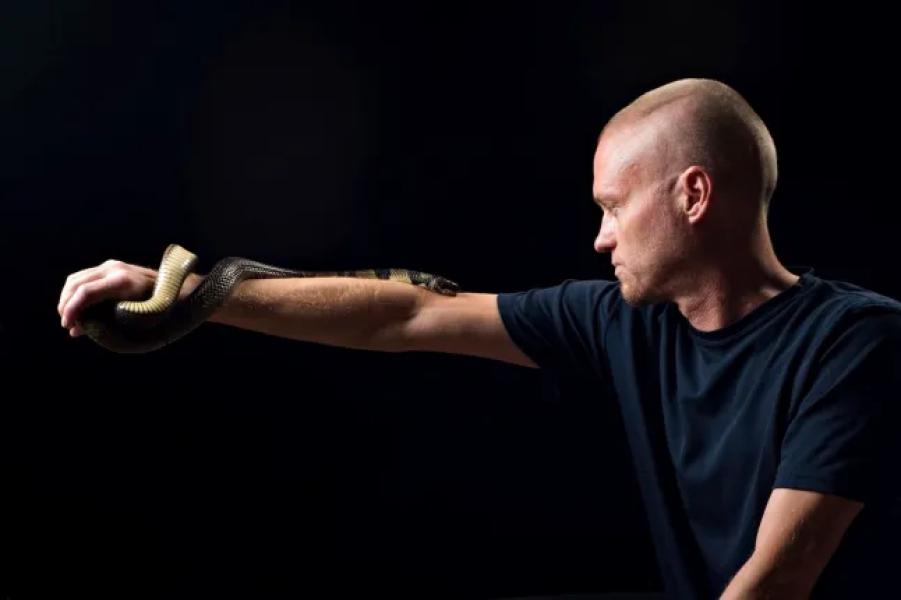
Scientist injected himself with deadly poison more than 850 times to produce a 'unique' antidote in his blood.
Over the course of 18 years, Tim Friede allowed himself to be bitten by poisonous snakes more than 200 times, and even fell into a coma after two cobra bites.
His mission was to develop immunity to snake bites so that scientists could create a universal antidote.
Tim constantly exposed himself to poison that could kill a horse, and it looks like all his efforts paid off.
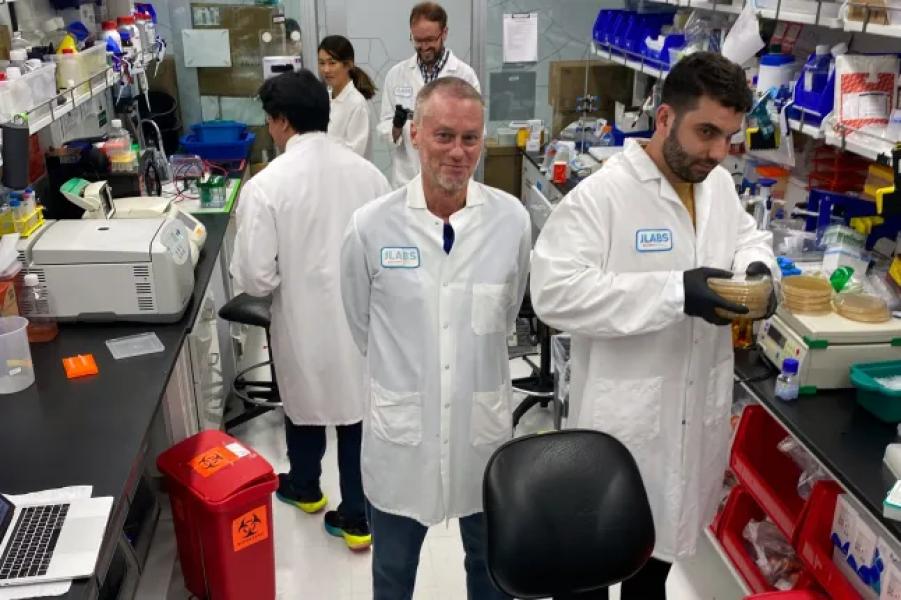
Researchers have used his blood to create an innovative treatment for snake bites.
Each year, snake bites kill up to 140,000 people, and more than 420,000 are left disabled or require amputation.
The high incidence rate is due to the lack of a universal antivenom for all types of snake bites.
His project started on YouTube, where he created a channel dedicated to snakes.
The scientist hoped to develop his own immunity to snake bites so that he could interact with the dangerous reptiles for video filming.
However, his plan failed at the very beginning when, in 2001, two bites from an Egyptian cobra left him fighting for his life.
Tim told the BBC about his coma: “I didn't want to die. I didn't want to lose my finger. I didn't want to miss work.”
“It became a way of life and I kept trying, trying my best – for the people who were 8,000 miles away and dying from snake bites.”
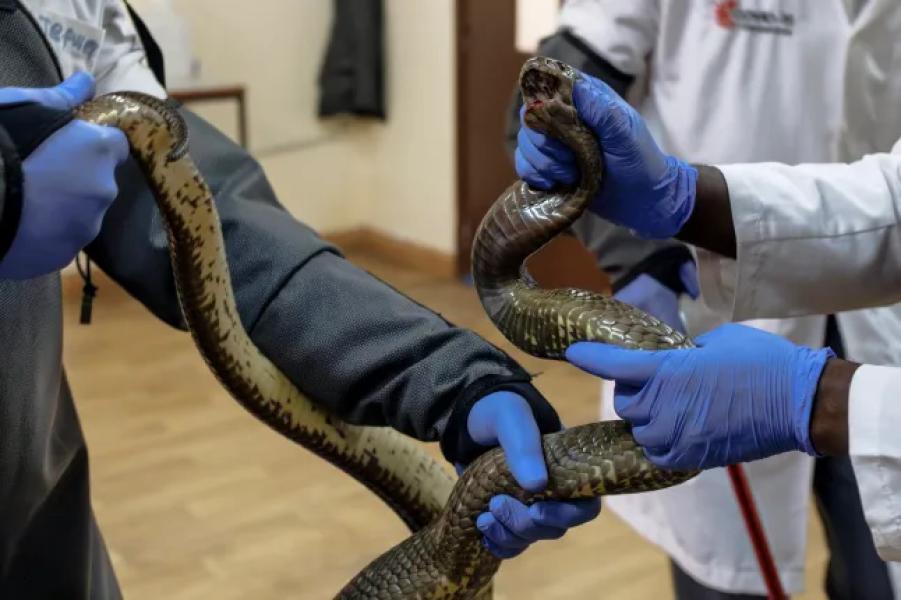
Antidote researchers soon learned of Tim's activities and contacted him.
Dr Jacob Glanville, chief executive of biotech company Centivax, said: “I thought, 'This might sound weird, but I'd be happy to take some of your blood.'”
Until this point, antidotes were produced only by injecting small doses of the poison into animals such as horses.
As a result, the animal produced antibodies to fight the poison, and the researchers collected these antibodies for further use.
However, this strategy was limited by the huge variety of toxins released by the bites of different species of venomous snakes.
This meant that the poison and antidote had to be
Sourse: metro.co.uk



